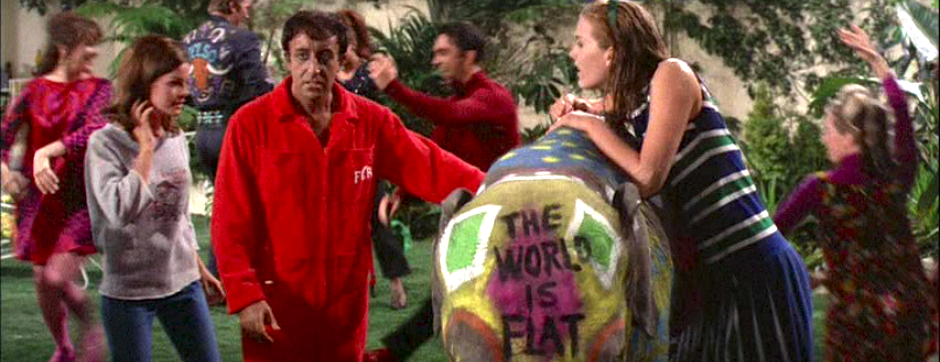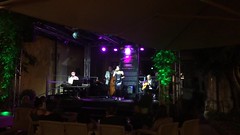Today I am reading the very nice article Is it time to kill the liberal arts degree? from Salon. Author Kim Brooks make a fine job with her analysis, which can be summed up thus:
- Colleges of Liberal Arts provide (often excellent) programs in the humanities;
- Usually there is a huge gap between those degrees and the so-called real world, where one applies for a job that requires a college degree;
- However, the years the author spent pursuing her BA in such a program were “four extraordinary, exceptional years where ideas matter; and there’s not a thing I’d do to change that.“
The point such article makes is very appealing to our humanistic hearts. A place where “ideas matter” is certainly a place to be valued, nurtured and protected.
There is however one issue that keeps me reflecting on the article quoted above. It is the fact that all speculative, meditative work, certainly needed, may be in a way a luxury and is largely based on the myth of Greek culture. True, our western culture owns much to the Greeks, but -like a friend reminds me- we must not forget that only less than 5,000 were the free thinkers that Athens enjoyed in her golden age-the philosophers, mathematicians, architects, sculptors who spent their day in glorious meditations and creations-the rest of the people were slaves who did not have the time nor power to think freely.
I mean, we must not forget that colleges’ sustainability depends on programs which can combine the need of free thinking with the graduates’ need to actually find a job which can help them be independent, free thinkers. Thus, the Liberal Arts College needs to address this issue: it cannot, like the example cited by the article’s author, live in a parallel universe in a state of denial. (If you believe Liberal Arts is a space confined to the so-called humanities, please reconsider: historically the Lib Arts have always included the sciences and mathematics-and this is a myth to write about in a next post.)
Too few colleges dare speak the truth about how to choose a college career. Too few colleges really and honestly advise students on all the choices they have when they say they “prefer” a certain area of study; too many of our colleges do not really propose programs of study that are designed to integrate the critical & creative thinking where ideas matter with a difficult reality in which we don’t want to force graduates to forget or let go of the ideas that matter to them.
I asked the director of career services of the College of Arts and Sciences at my alma mater about this discrepancy between curriculum and career planning, and she repeats the same reassurances I heard 10 years ago: “What we do is help students see how the patterns and themes of their interests, skills and values, might relate to particular arenas. We do offer a few self-assessment tests, as well as many other resources to help them do this.”
When I ask how well the current services are working — that is, how may recent graduates are finding jobs, real jobs that require a degree — she can only say that, “The College of Arts and Sciences does not collect statistics on post-graduation plans. I could not give you any idea of where these students are going or what they are doing. Regrettably, it’s not something in place at this time.”
I went on to ask her how the college’s curriculum was adapting to meet the demands of the recession and the realities of the job market, and she directed me to a dean who asked not to be identified, and who expressed, in no uncertain terms, how tired he was of articles like mine that question the rationale, rigor or usefulness of a liberal arts education. He insisted that while he had no suggestions regarding how a 22-year-old should weather a recession, the university was achieving its goal of creating citizens of the world.
When I asked him how a 22-year-old with no job, no income, no health insurance and, in some cases, six figures of college debt to pay off is supposed to be a citizen of the world, he said he had no comment, that he was the wrong person to talk to, and he directed me to another dean, who was also unable to comment



